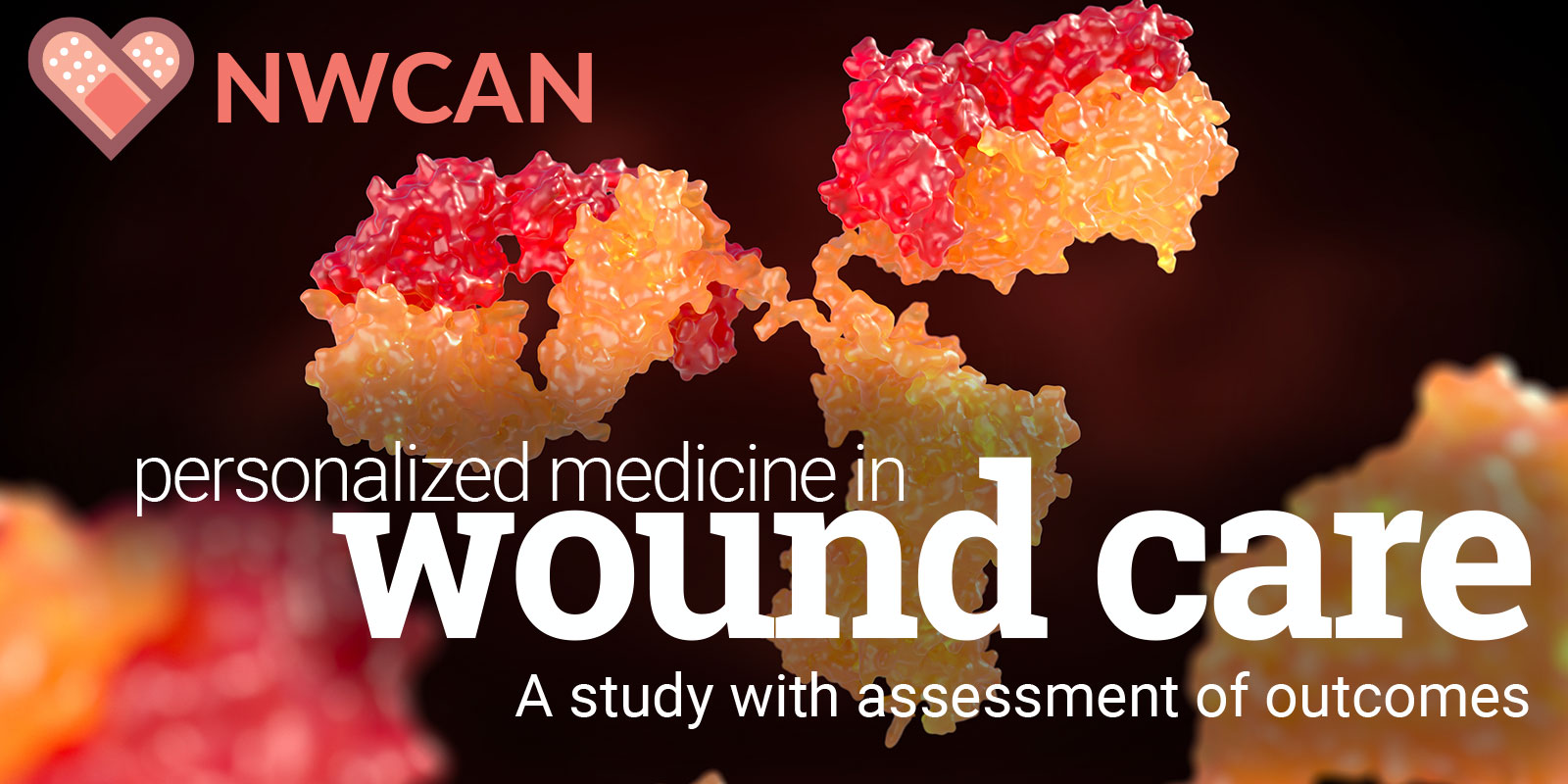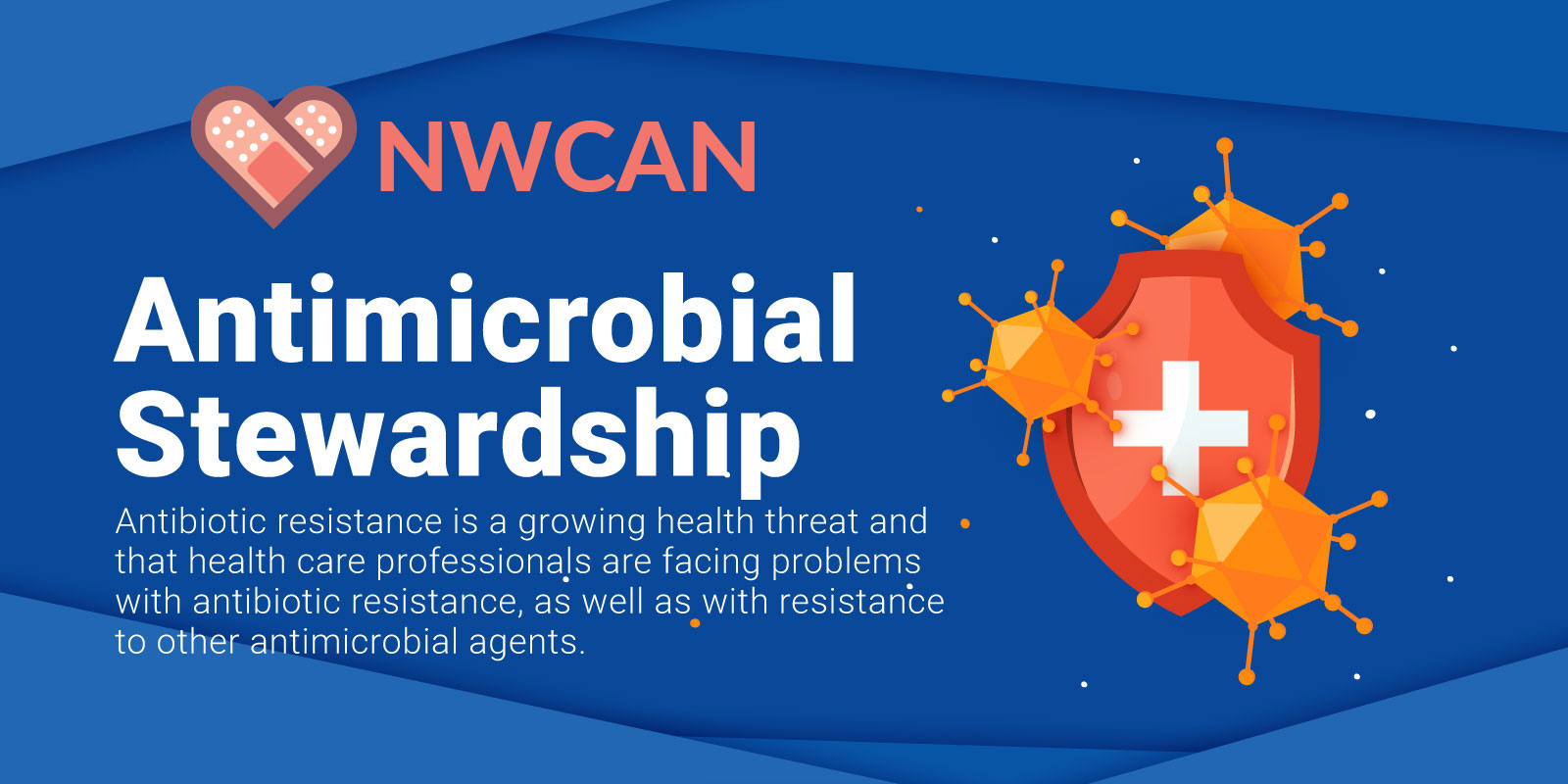
A Comprehensive Guide to Reducing Your Risk of Diabetes
Avoiding or reducing the risk of developing diabetes, particularly type 2 diabetes, often centers around lifestyle choices and understanding risk factors. Here are some general strategies to help you reduce the risk:
- Maintain a Healthy Weight: Being overweight or obese is a major risk factor for type 2 diabetes. Aim to keep your weight in the recommended range for your height and age.
- Eat a Balanced Diet:
- Prioritize whole foods like vegetables, fruits, lean proteins, whole grains, and legumes.
- Limit sugary beverages and snacks.
- Reduce saturated and trans fats.
- Avoid excessive consumption of processed and red meats.
- Monitor portion sizes to prevent overeating.
- Exercise Regularly:
- Engage in at least 150 minutes of moderate-intensity aerobic activity or 75 minutes of vigorous-intensity aerobic activity every week, as recommended by organizations like the World Health Organization and the American Heart Association.
- Include strength training exercises at least twice a week.
- Limit Alcohol: Moderate alcohol consumption or even better, avoid it altogether.
- Quit Smoking: Smoking can contribute to insulin resistance and is linked to the risk of developing diabetes.
- Regular Check-ups: Regularly visit your healthcare provider to monitor your blood pressure, cholesterol levels, and blood glucose. This will help catch any early signs of prediabetes or other risk factors.
- Manage Stress: Chronic stress can affect insulin sensitivity. Find stress-reducing techniques that work best for you, such as meditation, yoga, deep breathing exercises, or hobbies.
- Sleep Well: Prioritize getting 7-9 hours of sleep every night. Poor sleep can affect the body’s insulin sensitivity and hormone regulation.
- Be Informed About Family History: If you have a family history of diabetes, be especially vigilant about diabetes prevention.
- If at Risk, Consider Medications: For those with significant risk factors, including a strong family history or a personal history of gestational diabetes, there are medications that can help reduce the risk of developing type 2 diabetes. Always consult with a healthcare provider about potential risks and benefits.
- Stay Hydrated: Drinking enough water can help the kidneys flush out excess sugar through urine.
- Limit Sedentary Behavior: Try to break up long periods of sitting. Stand up, stretch, or take a short walk every 30 minutes.
Remember, while these guidelines can help reduce the risk, they cannot eliminate it entirely. Regular medical check-ups and consultations with healthcare professionals are crucial to detect any early signs and make appropriate lifestyle or treatment adjustments.










